Agola
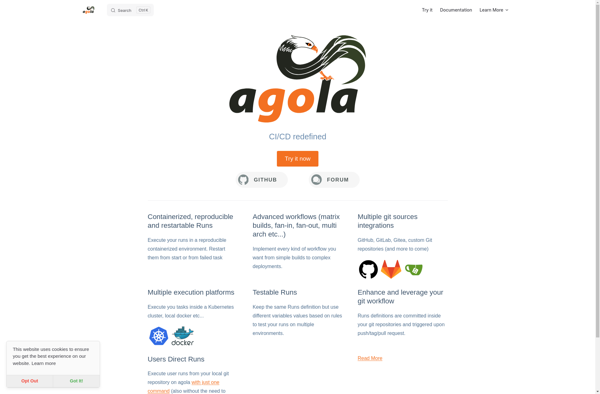
Agola: Open-Source Automation Platform
Automate software development workflows with Agola, an open-source platform for building, testing, deploying, and releasing your projects. Configure pipelines, leverage caching and artifact management, and integrate with various tools.
What is Agola?
Agola is an open-source automation platform designed specifically for software development teams. It provides a simple way to set up continuous integration, deployment, and delivery pipelines without the complexity of traditional CI/CD tools.
Some key capabilities and benefits of Agola include:
- Configuration-as-Code - Pipelines, jobs, tasks, and other components are defined in easy to read YAML format
- Built-in Caching - Cache build artifacts, dependencies, and intermediate results to optimize pipeline performance
- Artifact Management - Upload, download, and share build artifacts across pipelines and jobs
- Integrations - Extensive integration with source code repos, container registries, cloud providers, and developer tools
- Customizability - Ability to create custom pipeline tasks by leveraging existing scripts or writing new code
- CLI & APIs - CLI and APIs are available to manage pipelines and integrate with other automation tooling
- Self-hosted - Can be deployed within your own cloud or data center for maximum control and security
Overall, Agola aims to provide a developer-friendly and flexible CI/CD platform for automating all stages of the software delivery process. With its focus on developer workflows and productivity, it's well suited for modern software teams practicing DevOps principles.
Agola Features
Features
- Configuration as code
- Built-in caching
- Artifact management
- Integrations with various tools
- Automated build pipelines
- Automated testing
- Automated deployments
- Automated releases
Pricing
- Open Source
Pros
Cons
Official Links
Reviews & Ratings
Login to ReviewThe Best Agola Alternatives
Top Development and Automation & Build Tools and other similar apps like Agola
Here are some alternatives to Agola:
Suggest an alternative ❐Jenkins
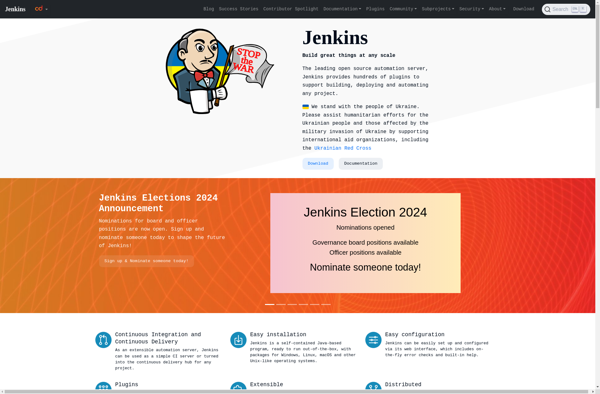
Travis CI
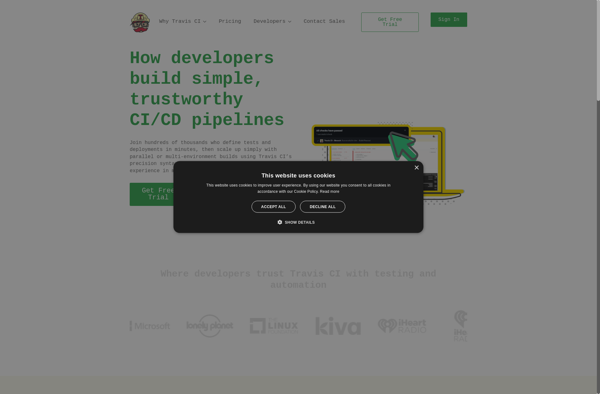
Concourse
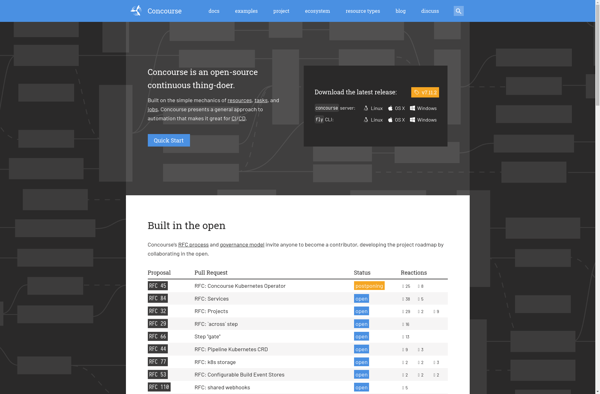
Earthly
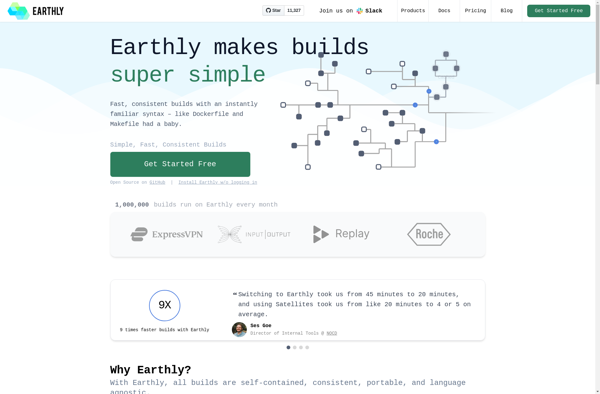
Drone.io
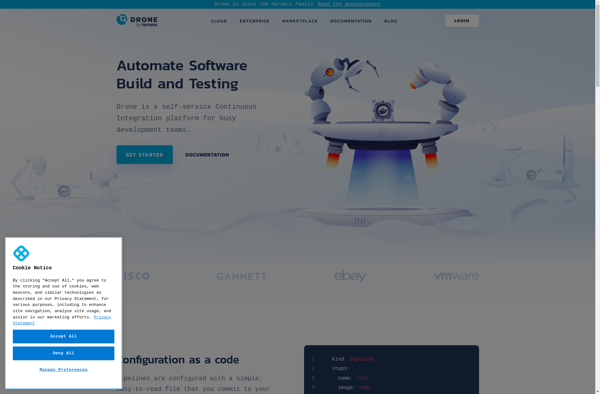
Taskcluster
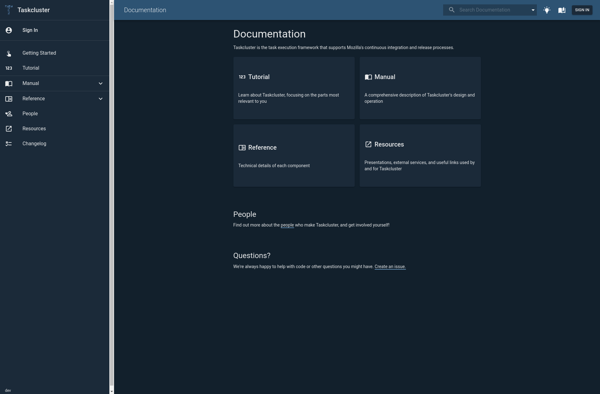
Screwdriver
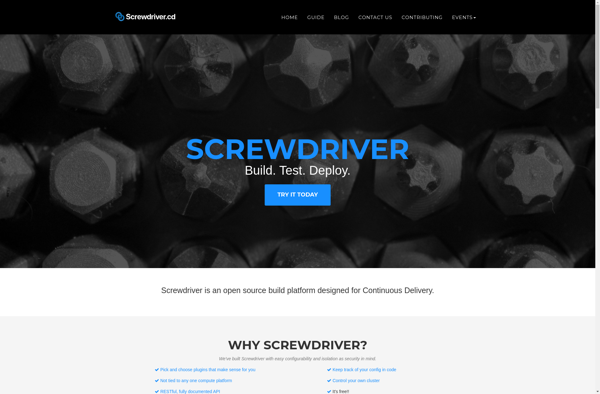
Percy by BrowserStack
